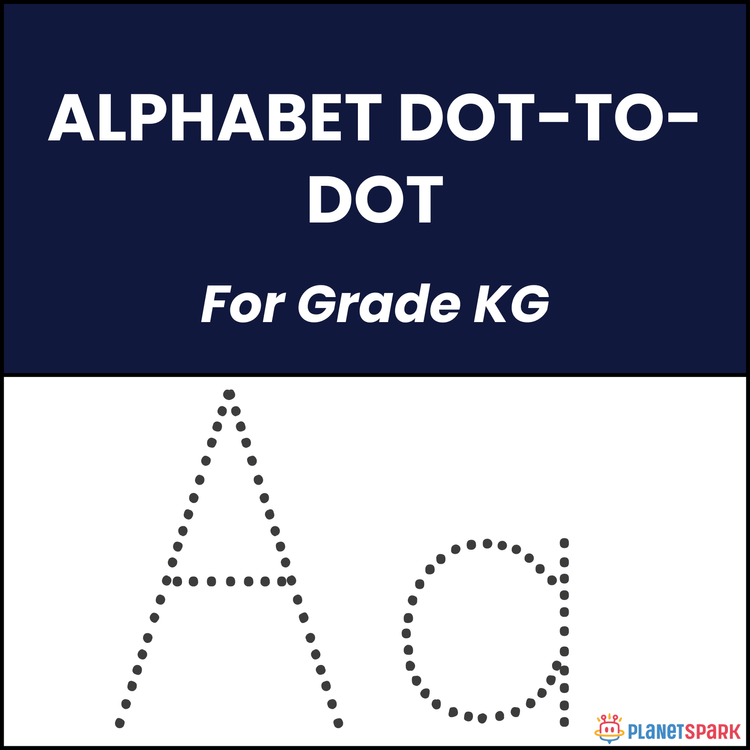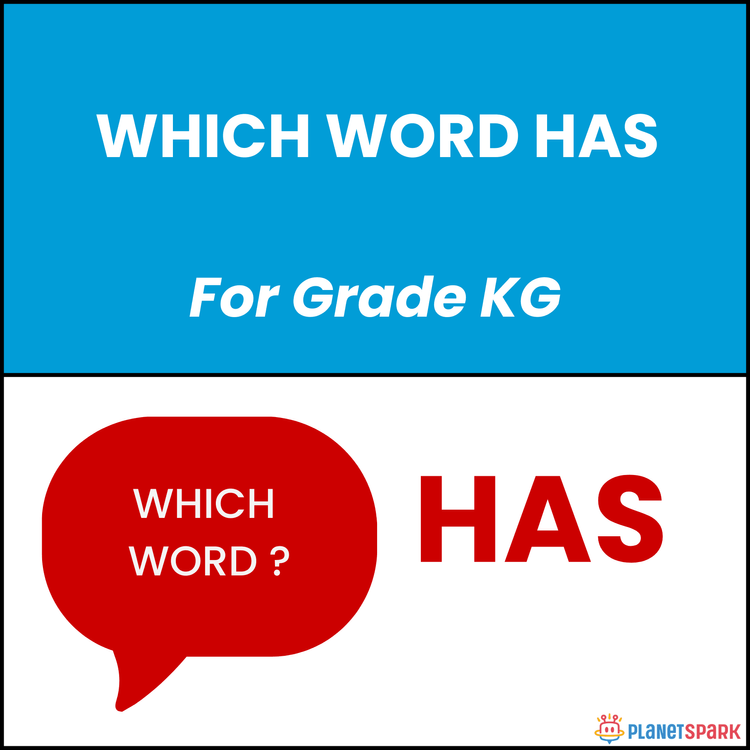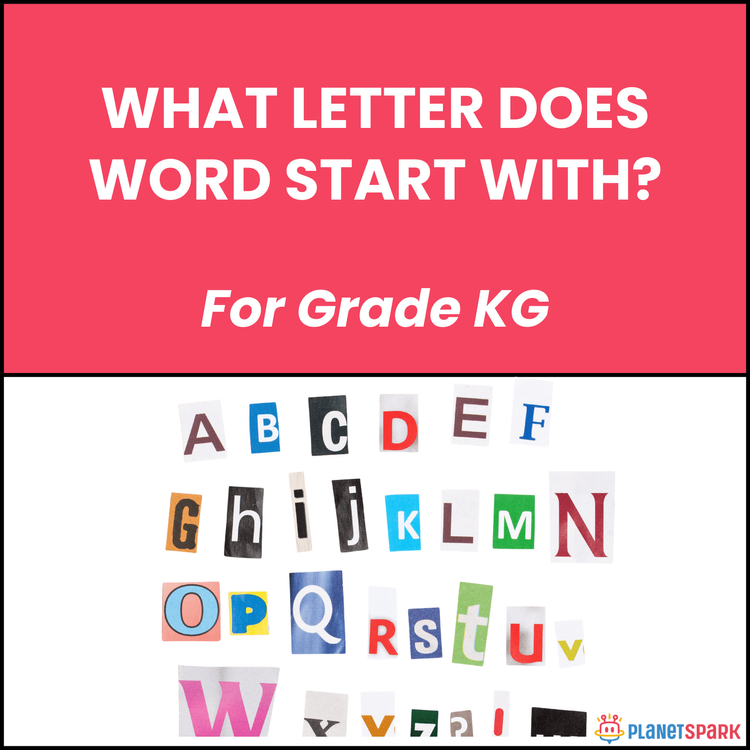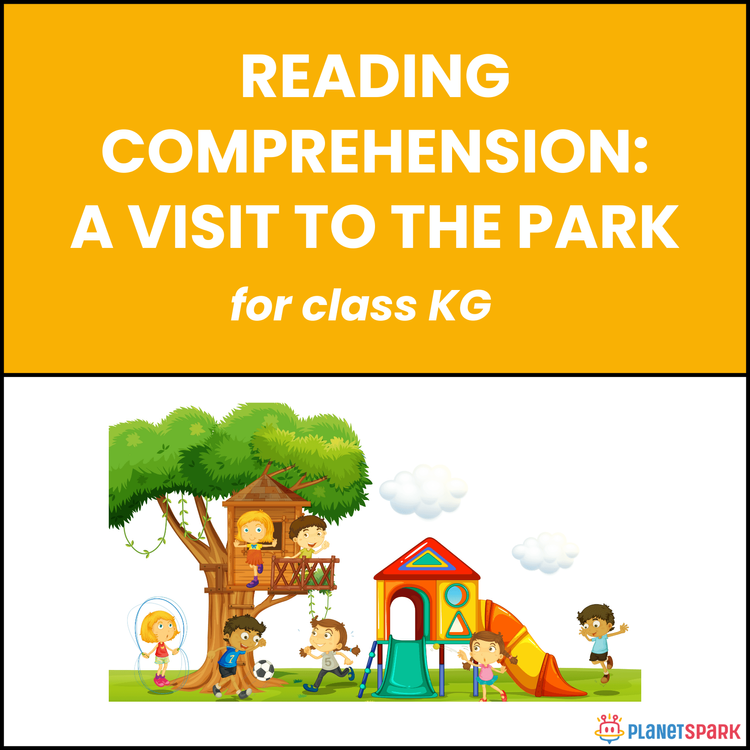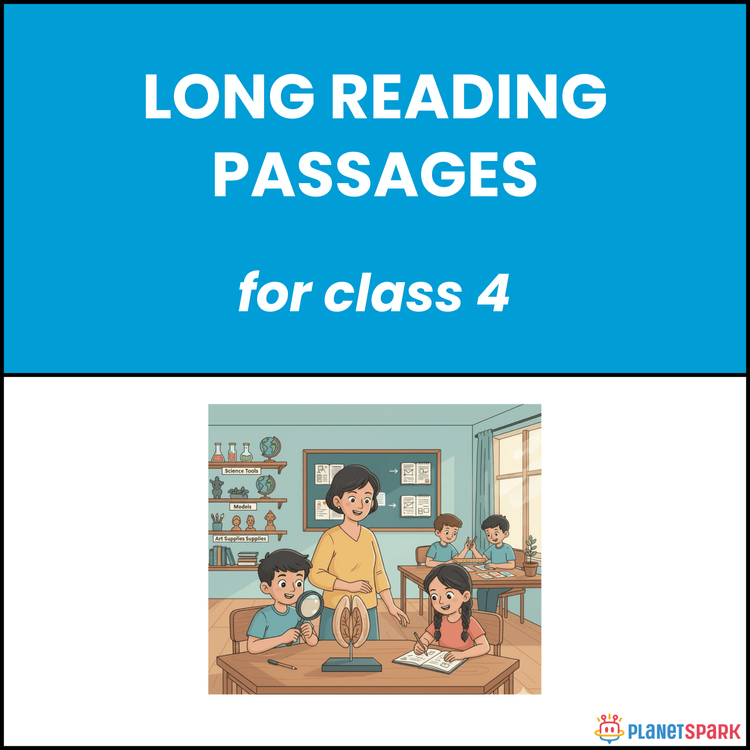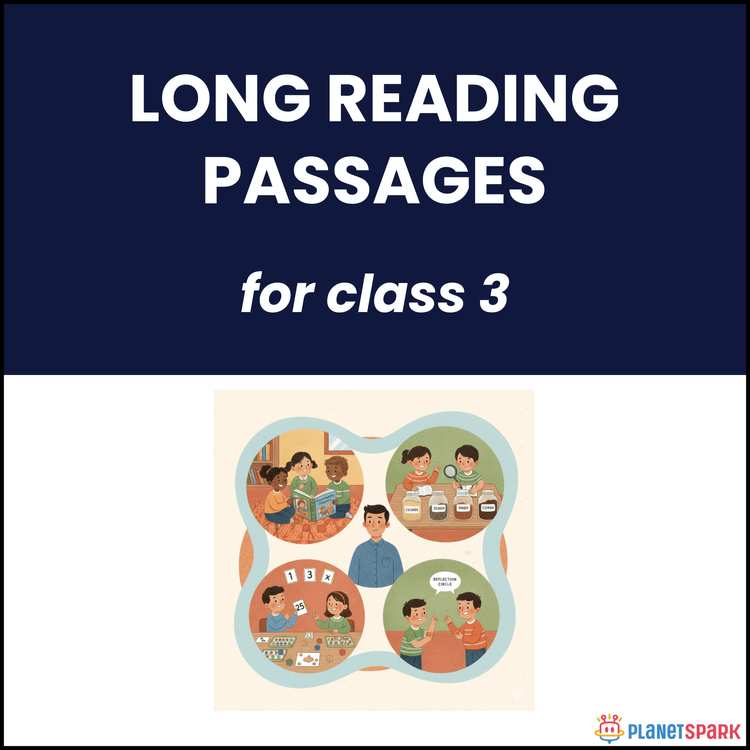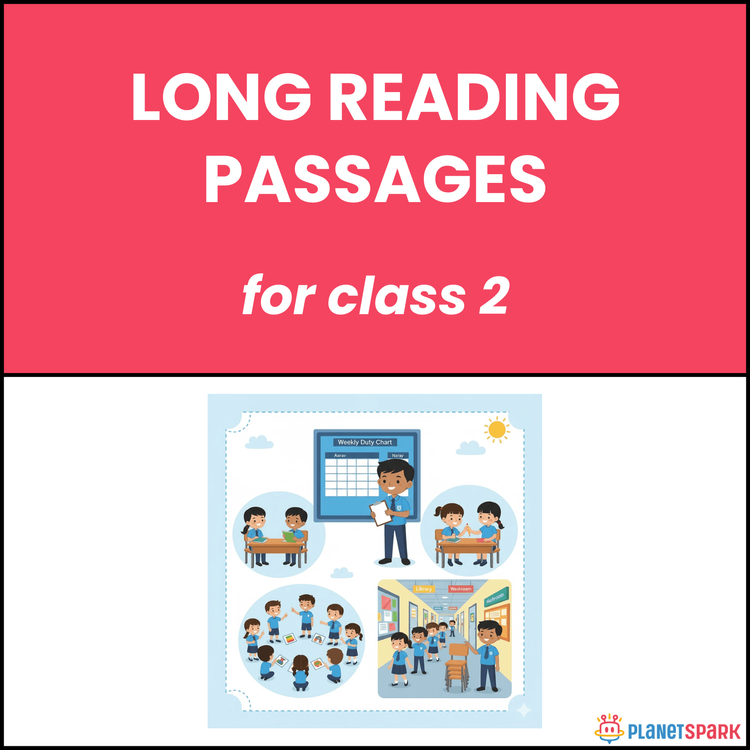Class KG Reading Passage: Fruits We Eat
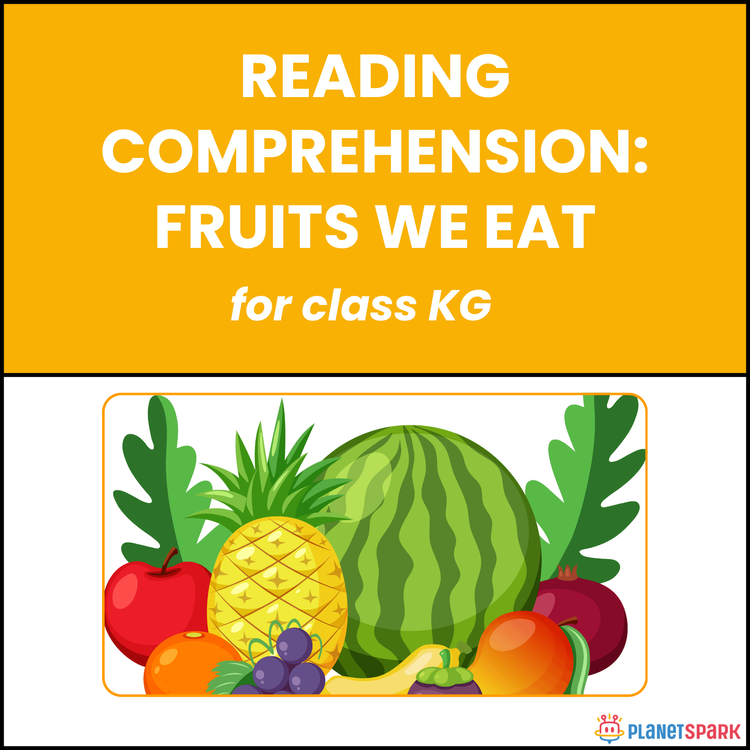

Class KG Reading Passage: Fruits We Eat
Fresh and Sweet: Reading Passage “Fruits We Eat” for Class KG
This Kindergarten worksheet introduces children to the colourful and tasty world of fruits. The passage explains how mango is called the king of fruits, banana is yellow and soft, apple is red and sweet, grapes can be green or purple, orange is round and juicy, and watermelon is big with many seeds. It shows children that fruits are healthy, give us energy, and make us happy.
Why Reading Passages Matter in Grammar?
Reading passages connect real life with language skills. This worksheet helps children:
1. Recall names and features of common fruits.
2. Build vocabulary with words like “juicy,” “soft,” and “seeds.”
3. Understand that healthy food gives strength and energy.
4. Strengthen comprehension by linking reading with everyday eating habits.
What’s Inside This Worksheet?
The worksheet includes a short passage and 10 objective comprehension questions:
🧠 Reading Passage
A child-friendly description of fruits we eat, their colours, tastes, and benefits.
✏️ Exercise – Multiple Choice Questions
Children answer which fruit is the king of fruits, what colour bananas and apples are, which fruit is round and juicy, what watermelon has, and how fruits make us feel.
✅ Answer Key (For Parents & Educators)
1. B
2. C
3. A
4. D
5. A
6. C
7. A
8. C
9. D
10. B
Make learning tasty and healthy with this KG reading passage on fruits. A fun way to mix comprehension with real-life awareness!
🔖Book a free trial!
Frequently Asked Questions
They create early habits of reading, sequencing, and grammar awareness.
They reduce reading difficulty and make learning enjoyable.
Yes, oral retelling makes comprehension practice even stronger.
